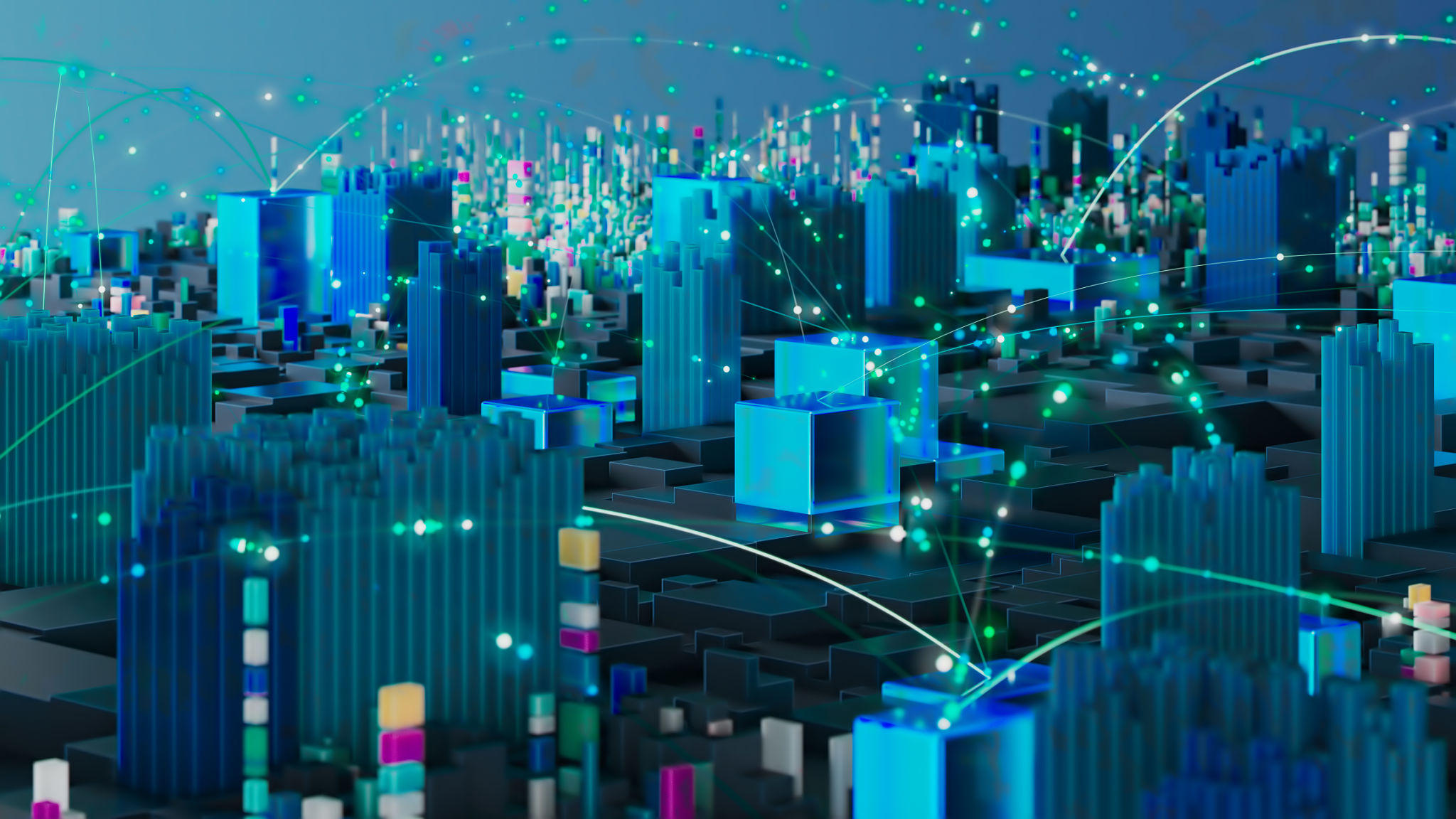How Big Data is Shaping the Future of IoT in Hangzhou
The Intersection of Big Data and IoT in Hangzhou
Hangzhou, a burgeoning technology hub in China, is rapidly becoming a focal point for advancements in the Internet of Things (IoT) and big data. As these two fields converge, they are setting the stage for unprecedented innovation and transformation. This integration is not only reshaping industries but also enhancing the quality of life in Hangzhou.
Big data plays a critical role in the evolution of IoT by providing the necessary insights to drive efficiency and innovation. With the vast amounts of data generated by IoT devices, analyzing this information allows for better decision-making and optimization of resources.

Enhancing Urban Infrastructure
One of the most significant impacts of big data on IoT in Hangzhou is seen in urban infrastructure. The city is leveraging these technologies to develop smart city solutions that enhance public services and infrastructure management. From traffic management to waste disposal, the integration of IoT and big data is creating more efficient and sustainable urban environments.
For example, smart traffic systems use data from connected devices to optimize traffic flow and reduce congestion. This not only improves travel times but also decreases pollution levels, contributing to a healthier urban environment.

Transforming Industries
In Hangzhou, several industries are experiencing transformation due to the synergy between IoT and big data. The manufacturing sector, for instance, is utilizing connected devices and data analytics to enhance production efficiency and quality control. By monitoring equipment in real-time, manufacturers can predict failures, reducing downtime and maintenance costs.
Retail businesses are also benefiting from these technologies. By analyzing consumer data, retailers can personalize shopping experiences, optimize inventory management, and develop targeted marketing strategies that enhance customer engagement.

Improving Healthcare and Well-being
The healthcare sector in Hangzhou is undergoing a revolution thanks to the integration of big data and IoT. Wearable devices and smart health monitors collect patient data, enabling healthcare providers to offer more personalized and proactive care. This approach not only improves patient outcomes but also reduces healthcare costs by preventing hospital readmissions.
Moreover, big data analytics helps in predicting disease outbreaks and managing public health resources more effectively. This is particularly crucial in densely populated urban areas where quick responses can save lives.

Challenges and the Road Ahead
While the integration of big data and IoT offers numerous benefits, it also presents challenges such as data privacy and security. Ensuring that personal information is protected while maximizing the potential of these technologies is a priority for stakeholders in Hangzhou.
Looking ahead, the continuous development of artificial intelligence and machine learning will further enhance the capabilities of big data and IoT. As these technologies evolve, they will undoubtedly play a pivotal role in shaping the future of Hangzhou, making it a model city for others to follow.